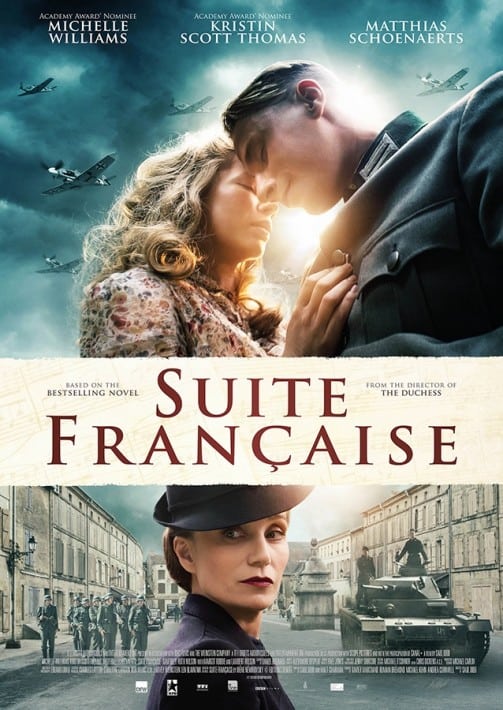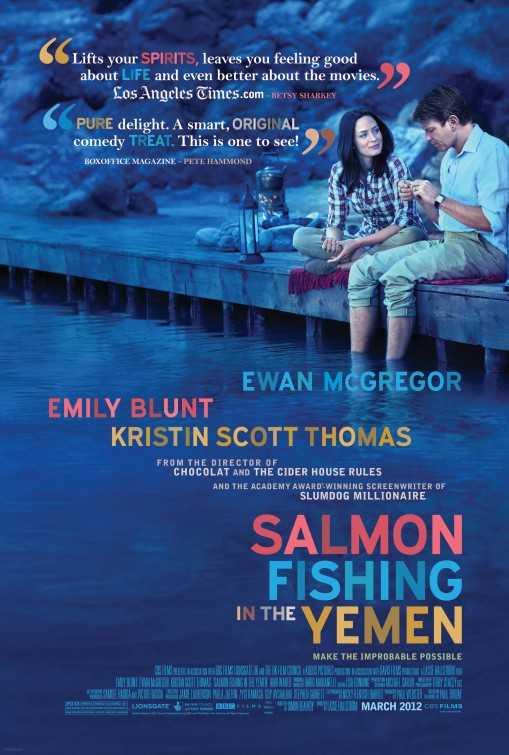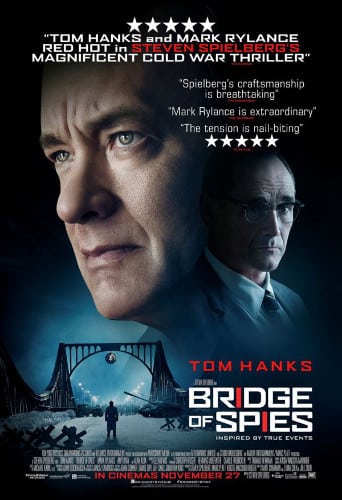Suite Française (2014)
Directed by: Saul Dibb
Written by: Irène Némirovsky, Matt Charman
Starring: Eric Godon, Kristin Scott Thomas, Margot Robbie, Michelle Williams
USA
IN CINEMAS NOW
RUNNING TIME: 107 min
REVIEWED BY: Dr Lenera, Official HCF Critic
France, 1940. Life is peaceful in the small village where Lucille Angellier, trapped in a stifling existence with her controlling mother-in-law, awaits news of her husband who is fighting the Germans. Then lots of Parisian refugees start to pour into the village, soon followed by the Germans at the same time as Lucille learns that her husband is a prisoner of war. A regiment of German soldiers take up residence into the villagees’ own homes. Despite her initial revulsion, Lucille begins to rather like Bruno von Falk, the polite and refined officer staying in her house…
Suite Francaise is perfectly reasonable but never really gets as good as it should. Romeo and Juliet-ish stories set during World War 2 are nothing new, though the book this film is based on was written by its author during the war just before she was taken to a concentration camp where she died, and not found until 1998. Only the first two parts of a planned five-part story were finished, and this film mostly adapts just the second book, which could partially account for its weakness, though it still should have hit home as powerfully than it did. I tend to love tales of love and war like this, but this soppy old git didn’t feel moved or touched much even right at the end, a sure sign that it hadn’t worked very well. It certainly doesn’t begin very well with lots of heavy handed narration that even spells out one of the story’s themes far too early and obviously in case you can’t work it out later, though the gentle, gradual and restrained relationship between lonely French girl and surprisingly sensitive Nazi is cute and convincingly played by the two leads, while right from the start Kristin Scott-Thomas is even scarier than she was in Only God Forgives.. Parts of the story are also astute in examining how people react to circumstances, though most of it’s too thinly sketched to make a great impression.
All this is quite absorbing but generally stays on one level and never really catches fire. It’s perfectly serviceable Sunday evening TV viewing [partly funded as it is by the BBC] but is just too flat to really work as a cinematic experience, as if much of the guts and feeling have been taken out of it. Director Saul Dibb has made an attractive looking film for the most part but his use of hand-held camerawork every now and again jars with the overall classical look and feel of the piece. Meanwhile the characterisation is often thin – we learn that Bruno is sensitive because he plays the piano but that’s virtually the extent of his characterisation – while you get everyone speaking English, though with their own accents except Michelle Williams, yet all the Germans speak German except one who speaks perfect English to the French people and perfect German to the other Germans. Of course this kind of thing is more noticeable when a film isn’t that strong. The basic material is very compelling, but it’s just not handled that well except in certain spots here and there. The score is often pleasant but bland and forgettable. Just like this film, unfortunately, which is mostly a waste of great potential despite points of interests and strong performances all round.
Rating: 















Be the first to comment